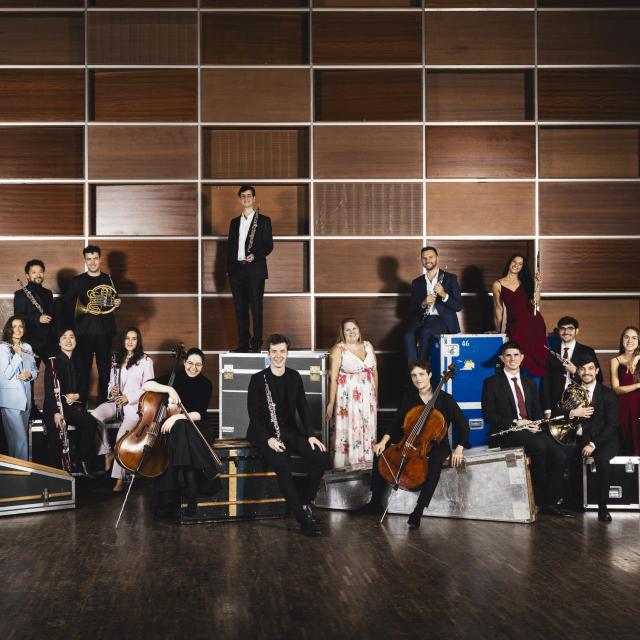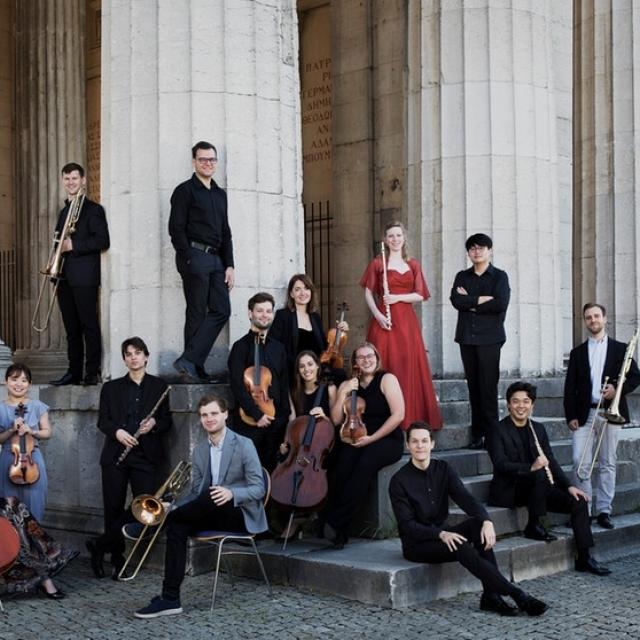WFIMC: Could you tell us about your experience at the ARD competition?
Samueol Park: It was incredibly fun, though it didn't go exactly as planned at first. I initially had to decline the invitation because of a production I was involved in a production at the theater at the same time as the final round. It was my first season as a soloist at the Staatstheater Wiesbaden, and I wanted to focus on that. However, after discussing about the schedule with the director, I received permission to join the competition, which was quite a surprise, and very unexpected. The ARD organizers then told me that they had never had someone cancel and then re-register before, but luckily, they allowed me get back in.








